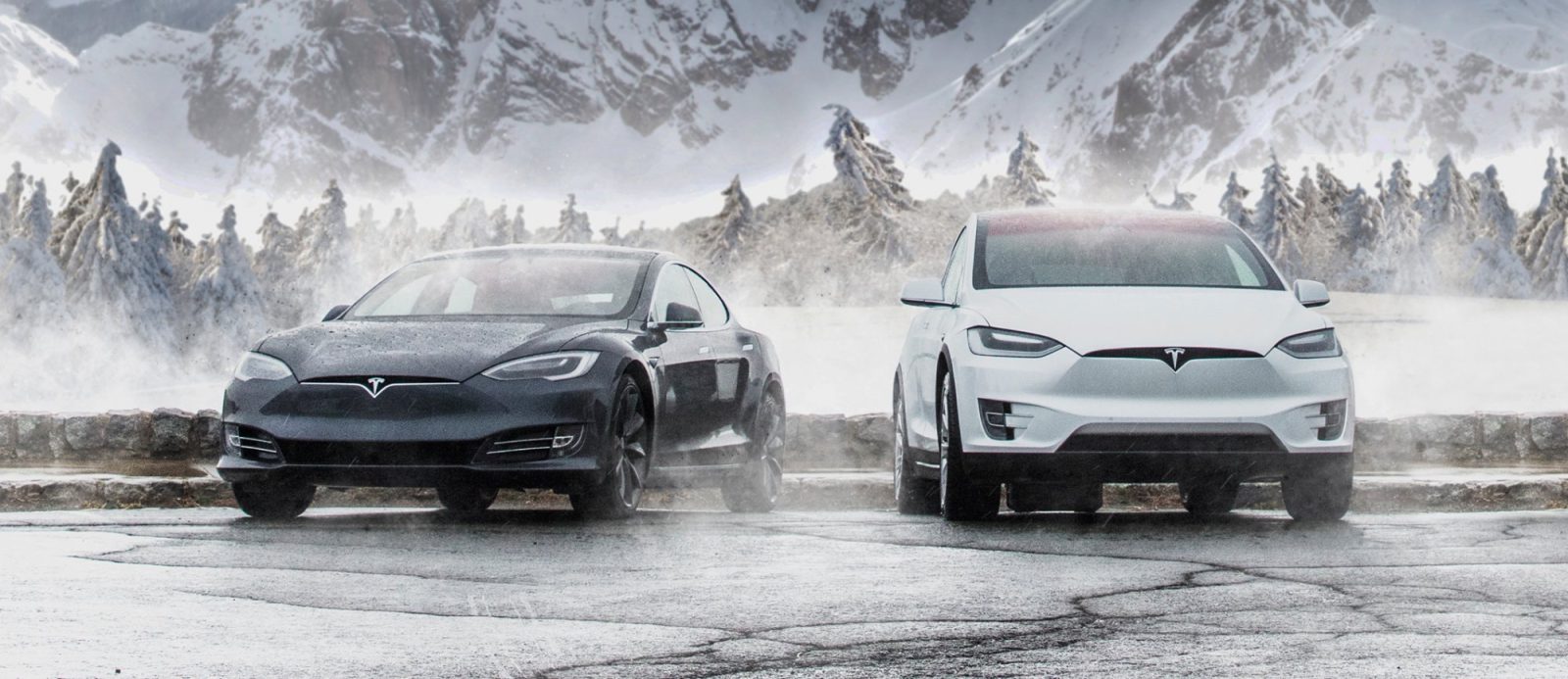
We reported earlier this week that Norway’s government is proposing a new electric vehicle tax that is being dubbed the ‘Tesla Tax’ since it affects heavier electric cars.
Local EV buyers are bracing for impact and Tesla naysayers are already calling it the end of the company’s success in the important market, but it’s not as simple.
First of all, the new tax based on weight has been proposed by the Norwegian government in the 2018 budget, but it’s not law yet.
The measure is being debated and after talking with local followers of the EV market, they appear confident that the tax will be dropped or modified before it turns into law.
De-incentivizing electric vehicles goes against the government’s goal to go all-electric for new vehicles starting in 2025. Even if they especially go against the heavier electric vehicles, it could slow down the adoption rate.
It works against the deployment of the only electric vehicle with a significant towing capacity available in Norway, which happens to be the Tesla Model X and to be fairly popular in Norway right now. People who are buying the vehicle are likely to turn to diesel- or petrol-powered vehicles with a similar capacity instead of a smaller/lighter electric vehicle, which works against the country’s plan.
That’s the message that local EV proponents are trying to get across to the government. While it’s inevitable that EVs will eventually get taxed again in Norway, they are pushing for a later implementation than 2018 in order to let the adoption increase.
Now if it indeed gets implemented next year, it will inevitably have a negative impact on Tesla’s sales in Norway, which as we previously reported, is Tesla’s third biggest market in the world right now.
When Denmark and Hong Kong introduced tax hikes on EVs last year and earlier this year respectively, it virtually stopped Tesla’s sales and all EV sales in the case of Hong Kong.
While we would indeed expect a negative impact on Tesla’s sales, it shouldn’t be nearly as bad as in those countries. Here’s the expected impact on prices of each of Tesla’s models (thanks to Jim Roger Johansen):
Model S:
- Model S P100D – 2,250 kg (4,960 lb)= ~38,250 kr (~$4,850 USD)
- Model S 100D – 2,200 kg (4,850 lb) = ~31,600 kr (~$4,000 USD)
- Model S 75D – 2,090 kg (4,608 lb) = ~11,500 kr (~$1,450 USD)
Model X:
- Model X P100D – 5,531 lb (2,509 kg)= ~86,900 kr (~$11,000 USD)
- Model X 100D – 5,421 lb (2,459 kg) = ~77,500 kr (~$9,800 USD)
- Model X 75D – 5,140 lb (2,300 kg)= ~57,400 kr (~$7,300 USD)
As you can see, it would have a relatively small impact of Model S representing less than 2% of its overall price in most cases.
It’s another thing for the heavier Model X with an impact closer to ~10% of its sale price.
But in any case, it’s still only a fraction of the increases that were introduced in Denmark and Hong Kong where Tesla’s vehicles became 50 to 180% more expensive.
For Norway, it’s still only a fraction of the taxes imposed on gas-powered cars.
Therefore, it’s definitely not the end of Tesla’s popularity in Norway – especially with the expected introduction of the Model 3 next year. The vehicle is almost 1,000 lb lighter than the lightest Model S and therefore, it should get away from the impact of this new tax.
What do you think? Let us know in the comment section below.
FTC: We use income earning auto affiliate links. More.






Comments